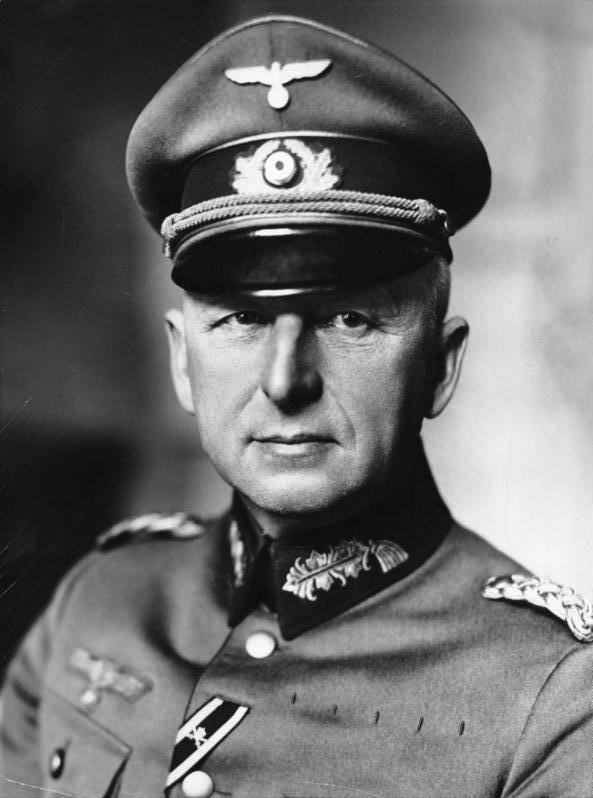Post by teemee123 on Sept 30, 2019 13:15:41 GMT
I've never really used diplomacy at all in easy tech games, apart from that sardinia grind in the latest european war, and donating allies all my excess money in the end game, but I thought I should change this.
I've identified many separate reasons for helping allies in the "diplomatic" bribes at the start of the game, and each are situational. I've outlined them below, along with an example Cathaginian ally in the first conquest that it fits:
> (Defensive ally e.g. Syracuse) Bribe them in => Extra economy for defense. You spend 1 turn's income to give that defensive nation 2 turns of its income. Best if your nation is not larger than them.
> (Defensive ally e.g. Macedonia) Bribe an enemy => Prevent being outnumbered by two or more nations.
> (Offensive ally e.g. Turdetani) Bribe them in => Get them to an enemy city before the city can move it's units out to the field, thus allowing the allied force to do city damage. The AI will swarm future enemies that are still neutral so don't bribe and delay the enemy to achieve this as it won't.
> (Offensive ally e.g. Odrysian) Bribe them in => Get them to help an ally (Odrysian kingdom rescues Macedonia).
Another diplomacy strat is this: Bribing big enemies to limit the income of the enemy team. Defensive enemies need money most.
One thing to keep in mind, bribe nations as soon as you can. It's a better investment than upgrading cities and districts, and you only get one shot at it. Plus, it gets more expensive each turn. Investments in cities have at best a 5 turn pay back period, usually more than 10.
Paying other nations after they join the war is a different matter.
I feel like the AI is bad at developing cities, so offensive and large nations won't benefit much, but defensive nations could always do with more defensive units. Make sure you don't pay them too late as they might be wiped out along with all the money you sent them!
Despite all this, if you have a mix of
> good tech
> good generals
> good skill at the game
... and you
> control a big nation or
> are playing an earlier conquest *
... you could reason that diplomacy is not useful at all.
* In later conquests your nation's units' stats get lowered through some invisible factor, i.e. not through ranks or generals. It seems like your allies are not affected, so I suppose you could play a small nation and as long as you survive and play on the easier side, the conquest is easy? What this means is that your allies will get more bang for their buck than you.
Interestingly in the first conquest, your units actually get buffed up!
I've identified many separate reasons for helping allies in the "diplomatic" bribes at the start of the game, and each are situational. I've outlined them below, along with an example Cathaginian ally in the first conquest that it fits:
> (Defensive ally e.g. Syracuse) Bribe them in => Extra economy for defense. You spend 1 turn's income to give that defensive nation 2 turns of its income. Best if your nation is not larger than them.
> (Defensive ally e.g. Macedonia) Bribe an enemy => Prevent being outnumbered by two or more nations.
> (Offensive ally e.g. Turdetani) Bribe them in => Get them to an enemy city before the city can move it's units out to the field, thus allowing the allied force to do city damage. The AI will swarm future enemies that are still neutral so don't bribe and delay the enemy to achieve this as it won't.
> (Offensive ally e.g. Odrysian) Bribe them in => Get them to help an ally (Odrysian kingdom rescues Macedonia).
Another diplomacy strat is this: Bribing big enemies to limit the income of the enemy team. Defensive enemies need money most.
One thing to keep in mind, bribe nations as soon as you can. It's a better investment than upgrading cities and districts, and you only get one shot at it. Plus, it gets more expensive each turn. Investments in cities have at best a 5 turn pay back period, usually more than 10.
Paying other nations after they join the war is a different matter.
I feel like the AI is bad at developing cities, so offensive and large nations won't benefit much, but defensive nations could always do with more defensive units. Make sure you don't pay them too late as they might be wiped out along with all the money you sent them!
Despite all this, if you have a mix of
> good tech
> good generals
> good skill at the game
... and you
> control a big nation or
> are playing an earlier conquest *
... you could reason that diplomacy is not useful at all.
* In later conquests your nation's units' stats get lowered through some invisible factor, i.e. not through ranks or generals. It seems like your allies are not affected, so I suppose you could play a small nation and as long as you survive and play on the easier side, the conquest is easy? What this means is that your allies will get more bang for their buck than you.
Interestingly in the first conquest, your units actually get buffed up!






